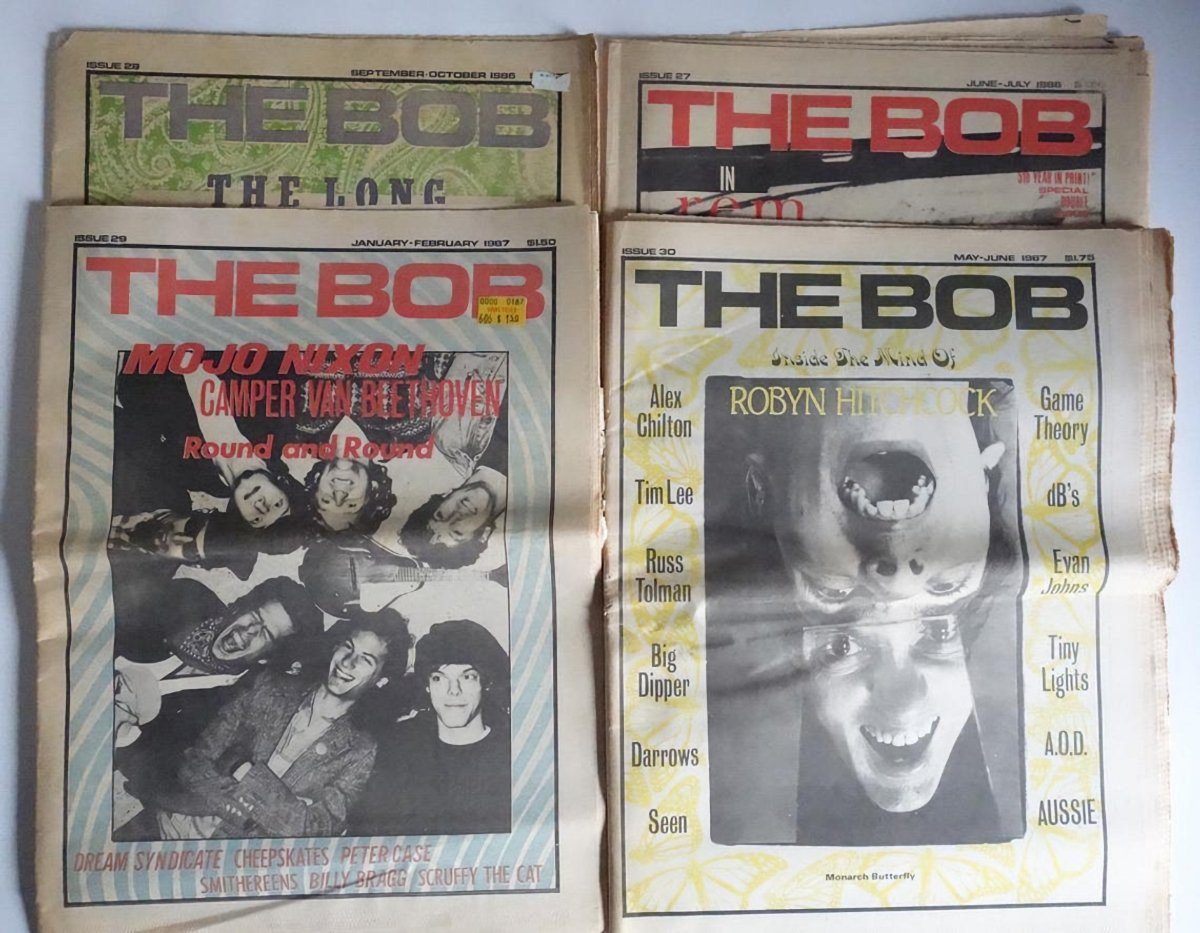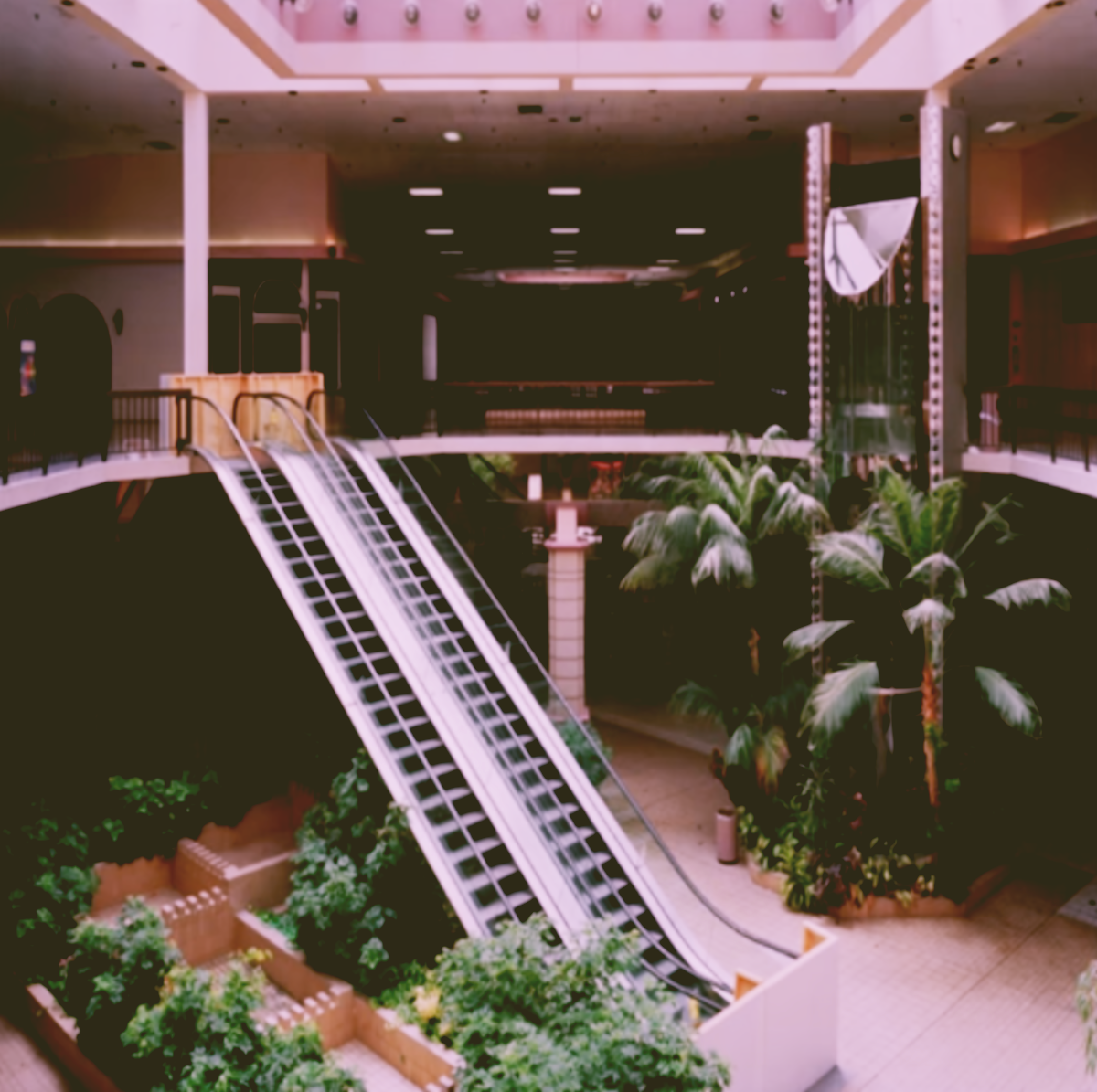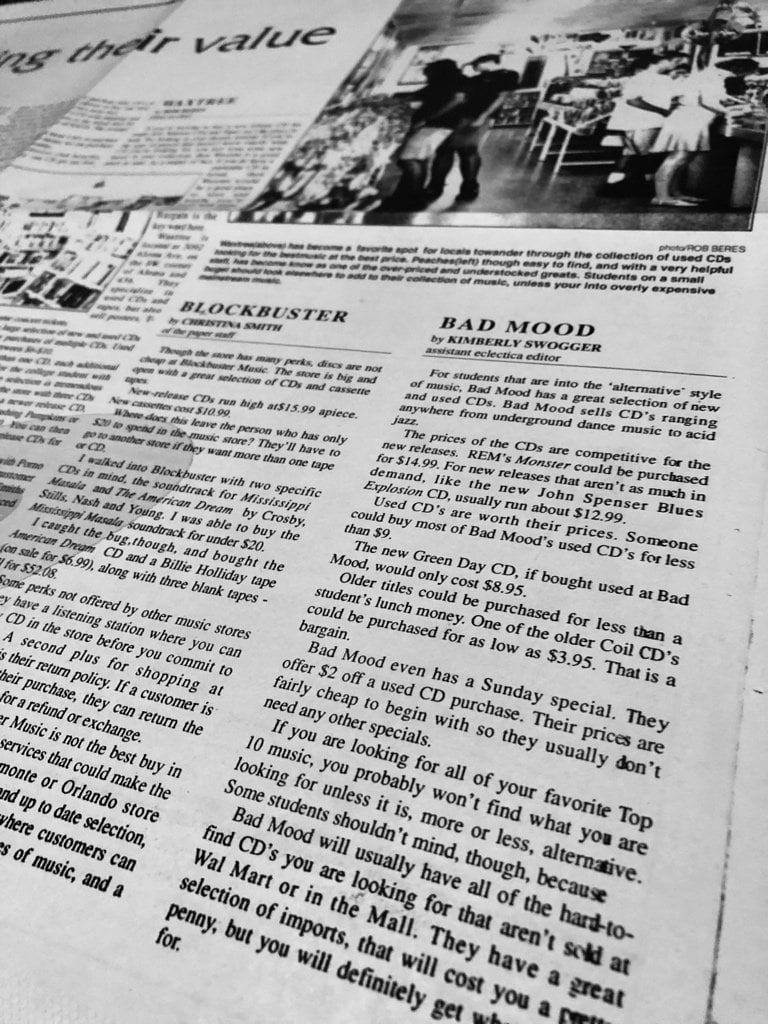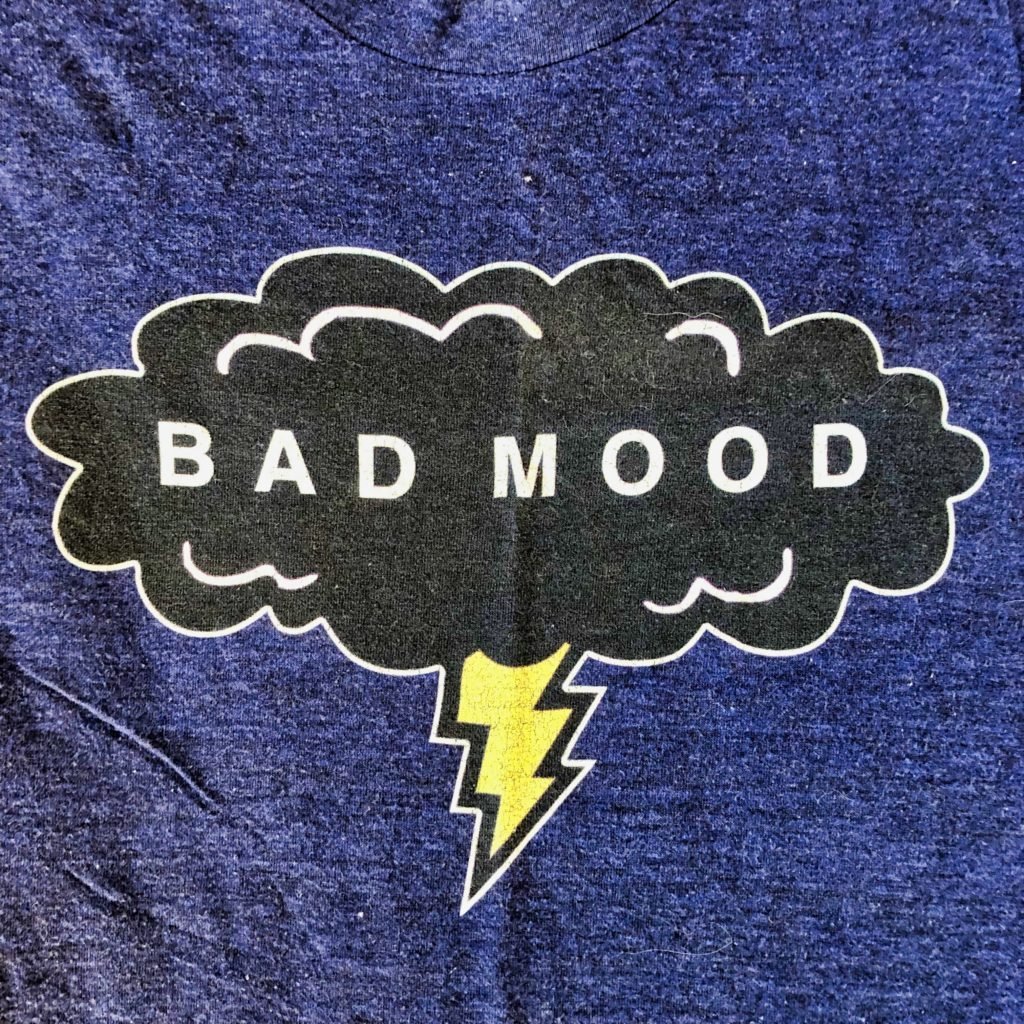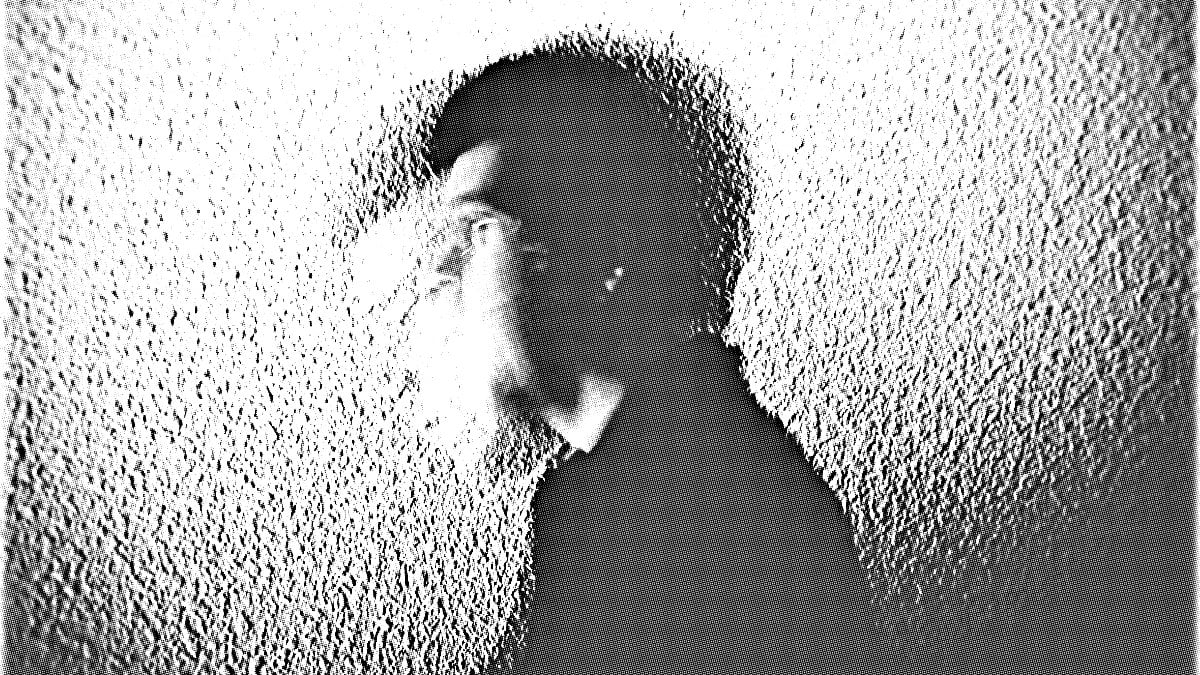
As San Mateo, Matthew Naquin makes the music of nostalgia, dreams, and expanding subterranean root networks. San Mateo’s latest album — Exspiravit Luminaria — features a digitalized tree in its cover art, eerily suspended with its roots hanging like tendrils. The image is a handy approximation of Matthew’s sound and modus operandi. Exspiravit Luminaria‘s music is steeped in earthiness but also exists outside the soil, floating calmly in an unnatural digitalness.
I’ve wanted to have this conversation for a while. For the past few years, my fledgling imprint 8D Industries has helped to release San Mateo’s steady and always compelling output. In email exchanges with Matthew, he’s given hints about his process. There’s usually mention of self-imposed constraints, of limiting the music-making tools he has access to, and how each new album has an intentional difference from the previous one. Matthew was immediately on my mind as an interview candidate for this blog’s series of conversations about the artistic process. I’m glad to present our chat to you today.
Surprisingly (or maybe not), our exchange is full of laughs. Matthew shares my curiosity about the creative process and the philosophical question of how art works. Of course, it’s hard to talk about those things without a sense of humor. Other topics include dealing with past releases we no longer enjoy listening to, imagining sequenced music as played by ‘live’ musicians, why playlists suck (or not), the benefit of enforcing constraints, and, as excerpted below, the younger generation’s unexplained embrace of tape hiss.
You can listen to the entire conversation in the audio player. Enjoy! (Also, I apologize that my voice in the audio is a bit crunchy. Editing this inspired me to purchase a new, better microphone.)
❋-❋-❋-❋-❋-❋-❋
MD: So, some years ago, I found myself buying a sound set of various tape hisses.
MN: I’ve actually got a whole file folder of tape hiss that I’ve created. I bought stuff like that before I started making my own.
MD: Yeah, as I’m buying this thing, I’m thinking: the 18-year-old version of me is screaming right now. He has no idea what I’m doing, wanting to actually add tape hiss. Back then, I literally was losing sleep over tape hiss when I was recording, I could not figure out how to get a good sound without losing my high end, unintentionally adding tape hiss, and everything going crazy.
MN: It’s amazing. Thirty years ago, everybody searched for sonic purity, and now it’s quite the opposite. Like you were saying, your 18-year-old self would be like, “You’ve got this perfect DAW that records at 24 or 48 bits. And now you’re adding hiss back in.”
MD: I also have these plugins that add hiss. I mean, they’re great. They sound amazing, but it’s just hilarious to me. And I use them. I love ’em, and I use ’em. But it’s so funny how that thing has come around. Why is that attractive, do you think?
MN: I think there’s something about that, the organicness of it. I was actually pondering this the other day as I was feeding noise into my signal chain. In fact, I’m working on a track where I have an emulation plugin running in the background, adding hiss. There’s no sound actually being fed into it. I’ve just got the tape function turned on to feed a layer of hiss into the signal itself. And I was thinking about that while toggling it back and forth, on and off. And yes, it’s digital, it’s fake tape — whatever. But it opens up the mix in a way that it’s hard to define. It’s almost like a gut feeling or something instinctual, where it adds some of this organic layer to things. When it’s dry, you just can’t hear anything like that. Also, one of the things I like to do is stick a mic out my window and just record that. That’s it. I think I did this on Sonnet Ring and Deepstaria — there’s an underlying microphone feed running through the whole album on both of those. You might not be able to hear it or any street noise or anything like that, but it’s the same with adding tape hiss. It puts you there, somehow or another. It puts you in the room in a way that I think a sterile digital environment doesn’t allow. I don’t know; I’m just spitballing here. As I said, I was thinking about it just yesterday, how noise adds character that opens up the mix in a way that isn’t there when it’s turned off. It doesn’t feel as good, you know?
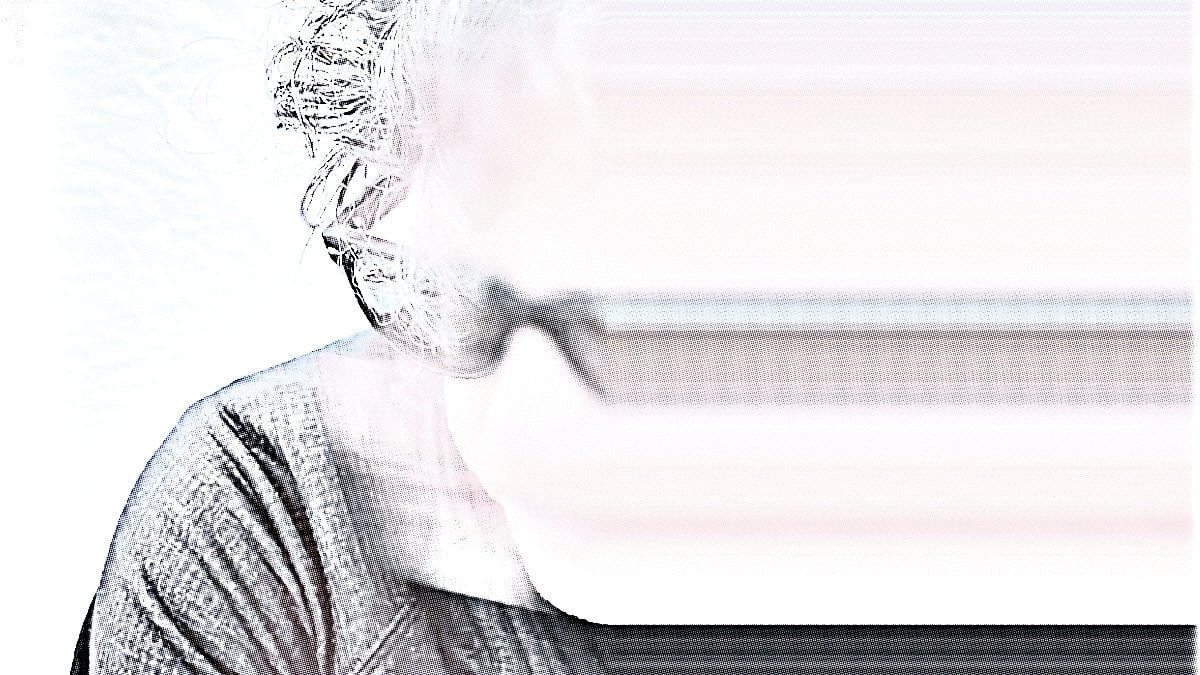
MD: Do you think this effect is emotional, like an emotional reaction or a nostalgic reaction?
MN: It could be, but then it’s very popular with this current generation, and they wouldn’t have grown up on that. I mean, I understand with vaporwave or something like that. That genre taps into more guttural, nostalgic things. But tape noise — I can’t imagine that many people in the younger generation into lo-fi music heard tape noise growing up. Maybe they did?
MD: I don’t know. It’s like that phenomenon that was around for a minute of music that sounds like it’s in an empty mall.
MN: Oh, yeah!
MD: There was a New Yorker article about the phenomenon and how a lot of the people creating these YouTube channels are too young to have actually experienced a mall in its heyday.
MN: I wonder if there’s something that gets ingrained generationally. If your parents experienced the empty mall, there’s something in your genes somehow, that nostalgia or that emotion that gets passed down. (pauses and laughs) Probably not. But, yeah, they’ve never experienced this. They’ve never experienced tape. So why is it popular right now? What are they nostalgic for?
MD: And even adding crackle and vinyl record noise to digital songs. There’s an instrumental hip-hop label I do some work with, and half of their catalog is like that. The artists, who are all very young, add vinyl noise to their digital productions. It’s funny to me, but it’s also cool. But I do feel there is a sort of emotional, nostalgic appeal to tape hiss. I do think that because tape hiss won’t work on everything. And if you remove it from certain songs, your emotional feeling from those songs will be different.
MN: I mean, Boards of Canada created a career on it, right?
MD: But that’s where it’s almost like it’s being passed down. Boards of Canada are a great example because they obviously grew up with tapes and weird educational films and things that had sonic deficiencies in them. They added these defects to their music, which may have been because of an emotional feeling it gave them. This feeling then attached itself to their listeners. And then suddenly, you have new listeners who may not have experienced the original sources but still catching on to the feeling that, say, Boards of Canada originally felt. It’s almost like this cycle of audio nostalgia.
MN: Well, I mean, look at Stranger Things. I’m sure the bulk of its audience is probably people that didn’t grow up in the eighties. Well, I’m not positive, but I would bet that’s the case. The show’s very popular with a younger generation. And then the sound of Stranger Things, the synth lines and production, and all that stuff. There are kids that have never heard that. But it’s the whole intent of Stranger Things; to hit a nostalgic bone, right? It’s supposed to have an eighties ‘feel.’ So, yeah, maybe it is generationally apparent to a child. This makes me curious about what sounds will get used 40 years from now. What’s that going to be? Will producers still use tape hiss and vinyl crackle? I mean, when we’re that far out, will it be something else?
MD: That’s interesting. But it’s interesting, too, when you think about how trends come around. Something that’s really scary to think about for anyone our age is Stranger Things is basically to now as Happy Days was to us in the eighties.
MN: I haven’t thought of it that way, but yeah, that’s … (shudders)
MD: I mean, as far as the era that was being depicted and the music that was in it. But it seems like the eighties look and sounds have more perseverance then, say, beyond bands like the Stray Cats as an example of fifties music emulated in the eighties. So I don’t know; it almost feels like there’s something else going on …
MN: And then there was that weird swing revival in the nineties.
MD: Which we don’t need to talk about. (much nervous laughter)
→ Exspiravit Luminaria, San Mateo’s latest album, is available now on Bandcamp and all the streaming places.
